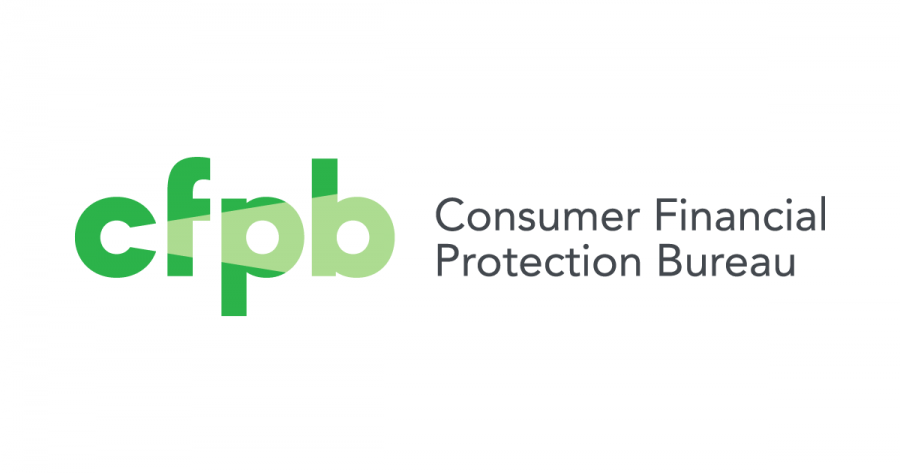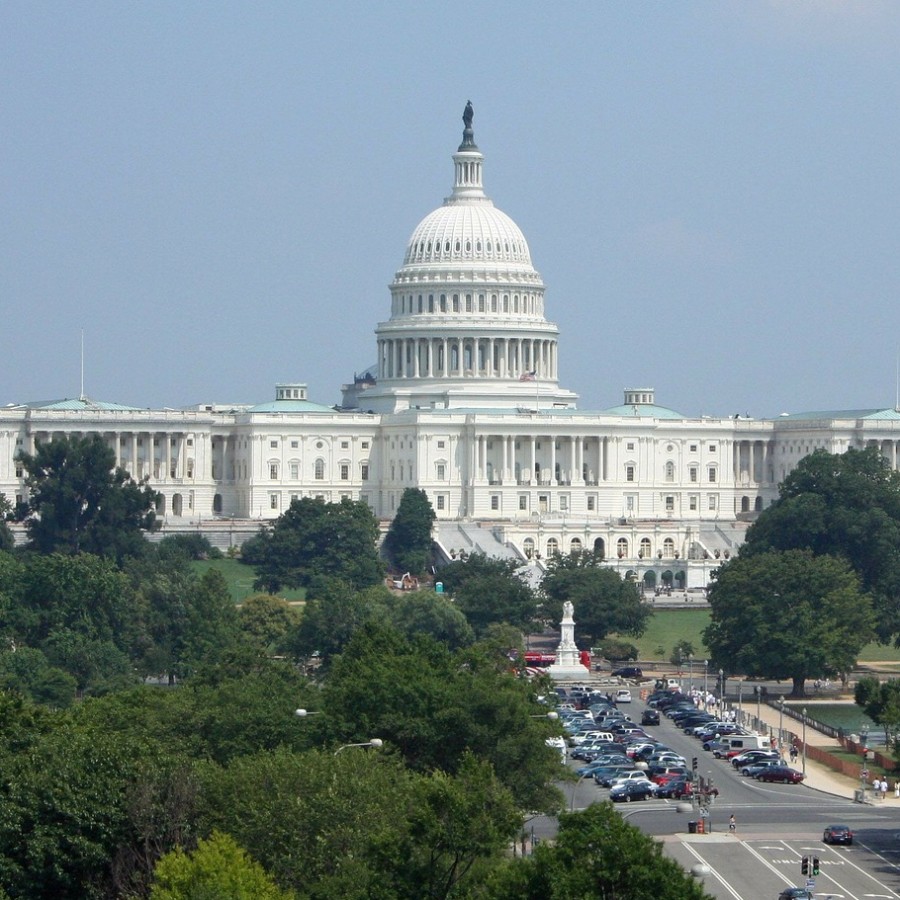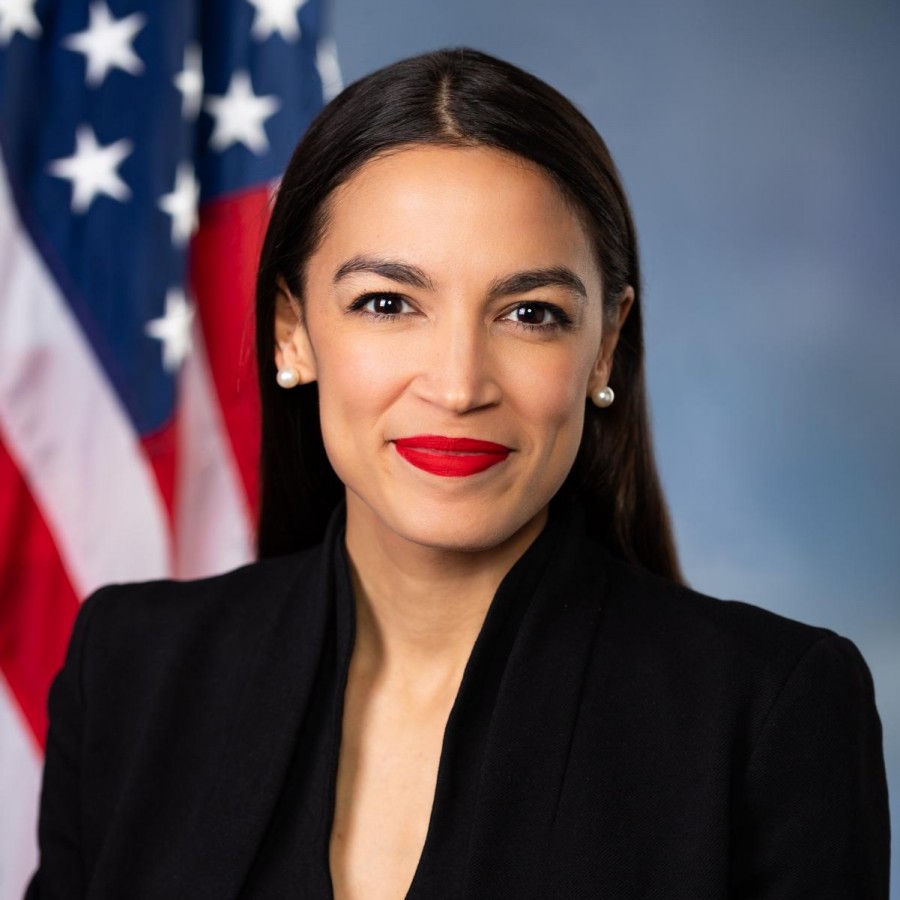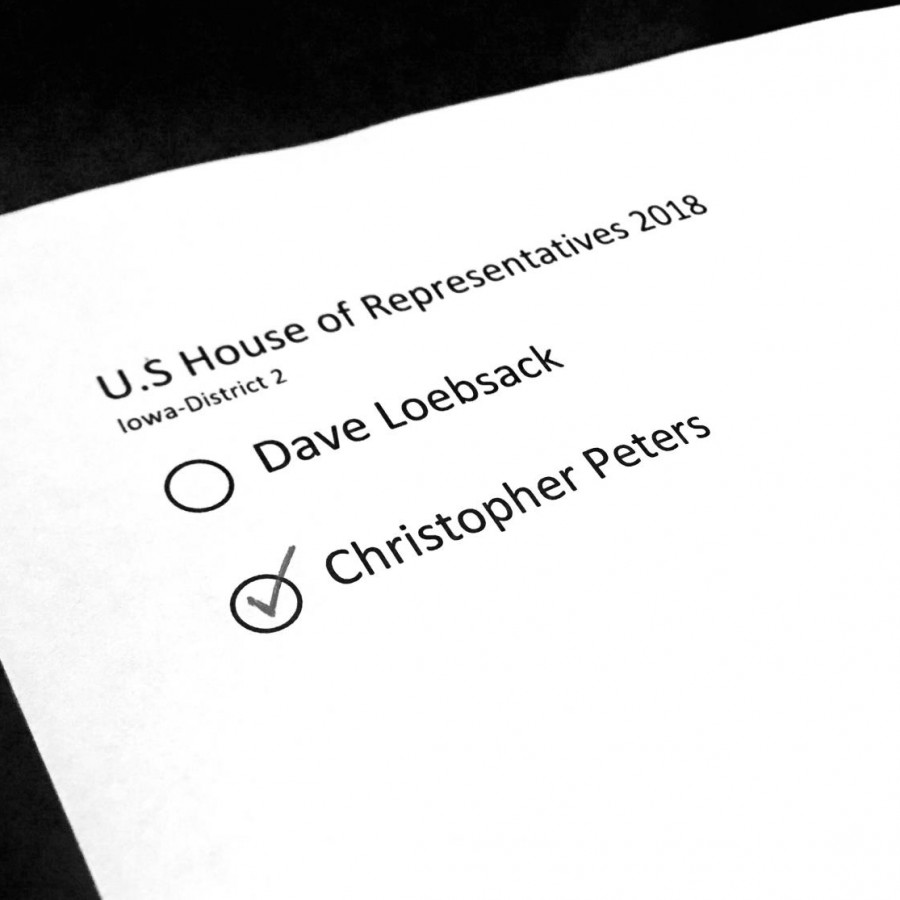Consumer Financial Protection Bureau—one would expect an organization of such name to have a core mission of protecting innocent consumers from the dark and scary world of big businesses, obviously in a non-partisan way. Many on the left have attempted to paint this image when describing the actions of the CFPB, mainly because it was created with noble aims; however, like most ideas the left propagates, noble aims fail to line up with reality. The reality of this situation is that the CFPB is an unconstitutional, unaccountable and inherently political agency.
In the wake of the 2007–2008 economic collapse, Elizabeth Warren and the Democrats devised a scheme so their power would far outlast their brief stint in power: The CFPB. It was created with the specific purpose of implementing the Democratic agenda through regulation. This would be an independent organization wielding so much power, the D.C. court of appeals said,
“When measured in terms of unilateral power, the Director of the CFPB is the single most powerful official in the entire US Government, other than the president. Indeed, within his jurisdiction, the Director of the CFPB can be considered even more powerful than the President.”
No voting. No accountability. No reason not to abuse power. It has consistently undermined consumer choice, attempted to deny overspending, created toxic work environments, attempted to shut down whistleblowers, and more. Ronald Rubin, former
CFPB lawyer documented even more abuses in his National Review article.
Even what was arguably the agency’s biggest win—a $185 million shakedown of Wells Fargo (very little of this actually went to restitution for consumers, nor did the bank have to admit wrongdoing)—was not even the result of its own work. The LA times can be thanked for that; notice the date—three years before the settlement. The CFPB sat on its hands for three years.
In the wake of the 2016 election, Richard Condray, the previous CFPB director, resigned and appointed Leandra English as his replacement. A problem arose, as Trump also had an idea for whom the director should be: Mick Mulvaney. English has become a darling of the Democratic Party, mainly because Trump dislikes the fact that she claims the position of director. English never went through Senate confirmation, nor was she appointed by the President.
Now we are in a Game-of-Thrones-esque time, with each side declaring their person to be true crown director. In my opinion, Mulvaney would be preferable to English. However, one thing that hasn’t been considered—which often never is in Washington— restricting government power. This can be done by either greatly reforming the CFPB or simply eliminating this organization altogether. The Democrats will soon be stuck between a rock and a hard place: their hate for everything Trump and the resulting desire to limit CFPB power under Mick Mulvaney, and their persistent need to bring the government into every aspect of Americans’ lives.
I believe in democracy, not because everyone is good and capable of making good decisions, but because nobody should have unchecked power due to the fall of man. There are numerous demonstrations throughout time that show the disastrous results of absolute power. In the case of CFPB, going outside the constitutional system of checks and balances gave it this sort of power; as expected, the CFPB has joined the list of examples of how absolute power corrupts.













